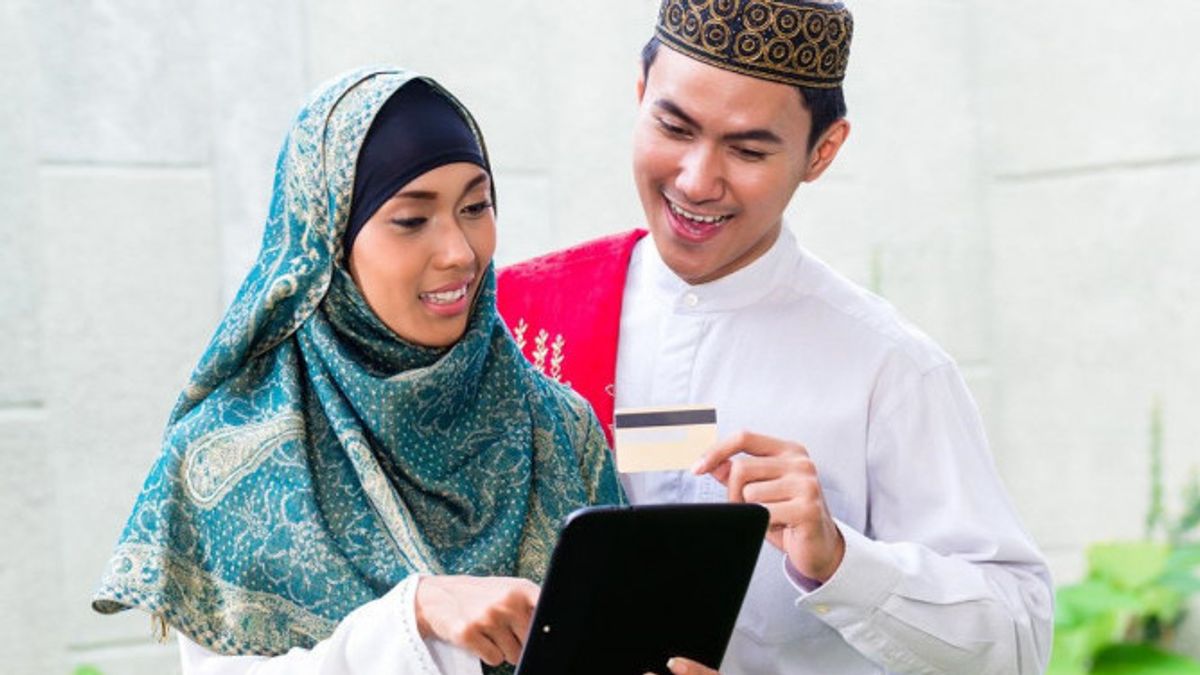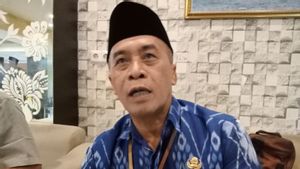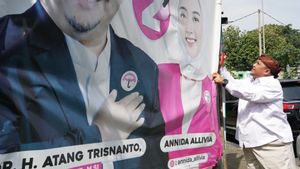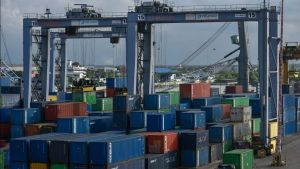JAKARTA - The development of Syariah finance shows a positive trend during the pandemic. The Financial Services Authority (OJK) said that as of December 2020, total Syariah financial assets (excluding Syariah stocks) had reached IDR 1,802.8 trillion.
However, the market share contributed by this sector is still quite small, which is only 9.9 percent compared to conventional financial products.
In order to increase the penetration, the authorities have identified several challenges in developing the Syariah financial economy. First, the public's lack of understanding of Syariah financial products.
This can be seen from the level of Syariah financial inclusion which is still at the level of 9.10 percent. This rate is far proportional to conventional financial inclusion of 76.19 percent.
Another indicator is shown by the level of Syariah financial literacy of 8.93 percent compared to the conventional which reached 38.03 percent.
Then, the second challenge that must be solved is how to increase the number of people who are able to enter this industry. The reason is, the authorities assess the human resources and capacity of the Islamic finance industry is still lacking.
A certain quality of Syariah human resources with high capacity is needed to increase the competitiveness of Syariah finance, especially in accelerating the digitization of products and services during a pandemic.
Third, the competitiveness of Islamic financial products and services that are not yet equal compared to conventional ones. As a result, the business model and variety of Syariah products are still relatively limited.
And the last is that the Syariah financial sector has not been fully integrated into the halal industry ecosystem. This then has an effect on increasing the limited market share of Syariah finance, where in December 2020 it was still 9.9 percent.
To overcome this gap, the government has prepared steps by strengthening infrastructure support and financing from upstream to downstream through access to finance, especially for MSMEs.
Furthermore, encouraging the development of halal industrial areas through the provision of financial services for the development of halal tourism, renewable energy, food and beverages, and halal pharmaceuticals and cosmetics.
The English, Chinese, Japanese, Arabic, and French versions are automatically generated by the AI. So there may still be inaccuracies in translating, please always see Indonesian as our main language. (system supported by DigitalSiber.id)













